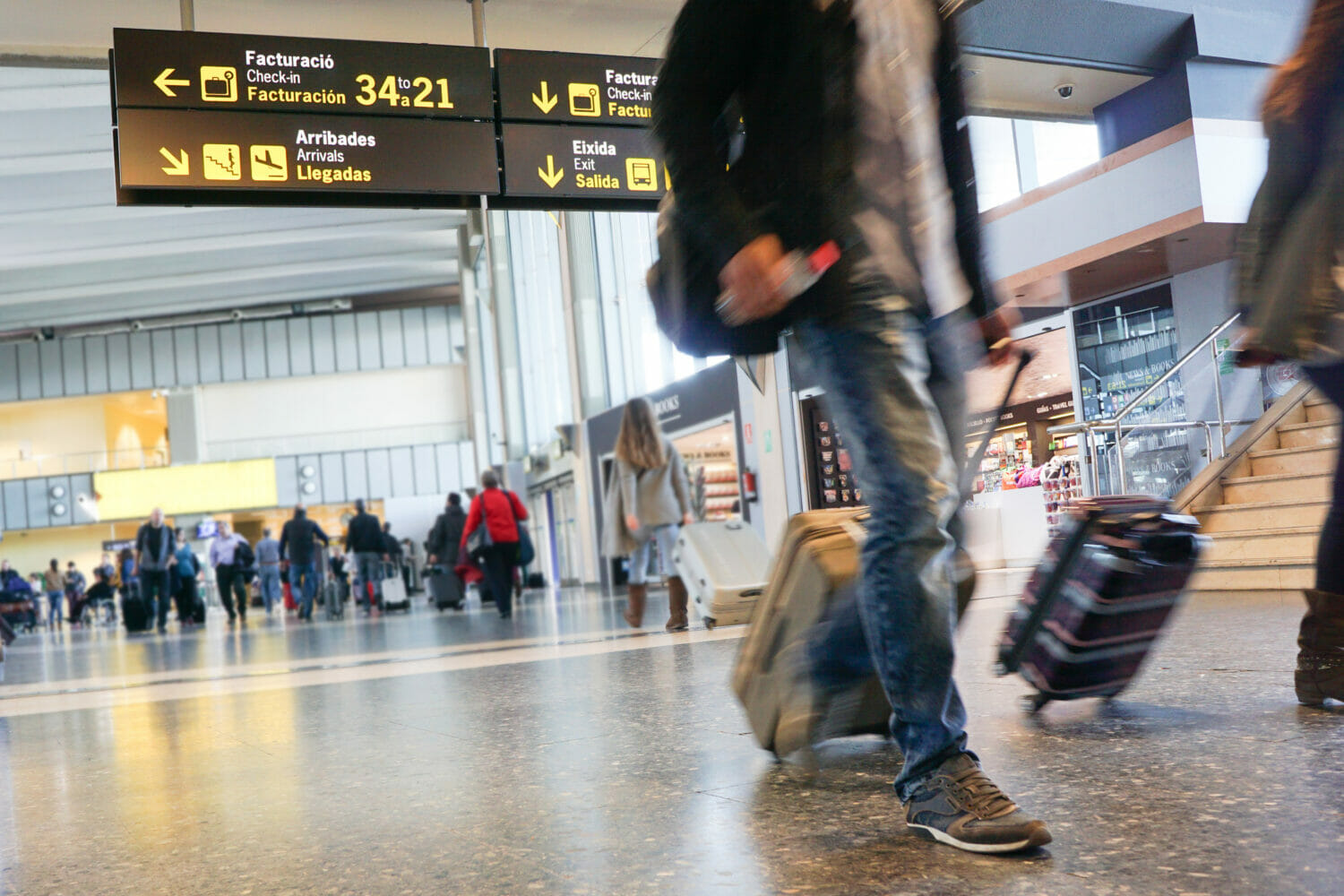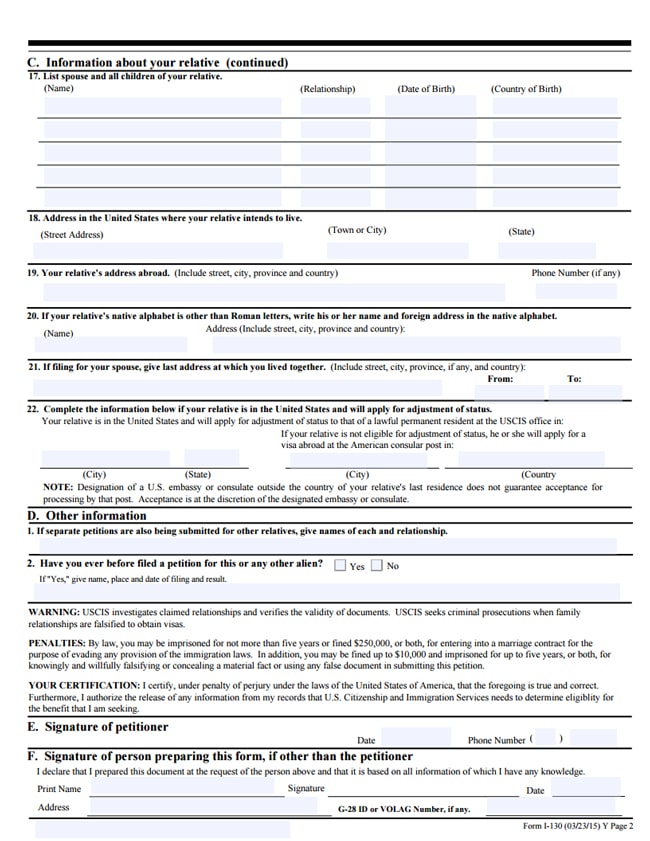As more Americans get vaccinated, the lure of international travel beckons. Maybe there’s a loved one or partner who lives in another country that you are really eager to see. So, where can you go?
Below is a list of countries where U.S. residents — both citizens and legal residents — can travel (as of June 27, 2021) and while it does not include many countries in the European Union, it is likely that by mid-summer, those countries will also be accepting travelers from the United States. Also, while travel to EU countries like the Netherlands is not currently an option, their territories in the Caribbean are welcoming U.S. travelers.
Note that the Centers for Disease Control and Prevention (CDC) recommends that no one travels Internationally until fully vaccinated. The CDC requires all passengers over the age of 2 returning to the United States, both citizens and lawful permanent residents, to present either:
1) a negative COVID-19 test, taken within three calendar days of departure, or
2) proof of recovery from the virus within the last 90 days.
Airlines are obligated to confirm this prior to boarding, and may deny boarding to any passenger who does not provide the necessary documentation. The CDC recommends COVID-19 testing upon arrival as well, and quarantining if the results are positive.
Travel tip: Research the COVID-19 protocols and guidelines of your destination ahead of time. A good place to start is the State Department’s country-specific COVID-19 information page or the individual U.S. missions to each country.
Below is a partial list of countries open to U.S. tourists (you can find the full list here).

Americans can travel to Croatia with a negative Covid-19 test or proof of vaccination.
Costa Rica
This Central American country has no testing or quarantine requirements. Travelers, however, do need to show proof of travel insurance that covers any medical expenses. Learn more about entry requirements here.
The Bahamas
Off the coast of Florida, this island country has many gorgeous beaches and no quarantine protocols. Testing is required, but the fully vaccinated are exempt. More information on traveling to the Bahamas can be found on the embassy website.
Brazil
Rio! Travelers to this South American country must have negative test results taken within 72 hours of departure, if all their travel companions test negative (children 12 and under are exempt). Full details can be found on the embassy website, and remember to fill out a Traveler’s Health Declaration form.
Croatia
A gorgeous country on the Adriatic, U.S. travelers can enter with evidence of paid accommodations and any of the following: vaccine certification, proof of recovery from the virus in the last 12 to 180 days or negative test results taken no more than 48 hours prior. Testing and quarantine protocols are in place for those who do not meet these requirements. More information can be found on the embassy website.
Egypt
Giza and Luxor await. U.S. travelers should have documentation of negative test results no more than 72 hours prior to departure. Additional protocols, including travel restrictions once in the country, may apply. The embassy website has more information.
Greece
On your way to visit the Acropolis? If you’re two weeks past your second vaccination, you’re set — you just need certification to get into Greece. For those not fully vaccinated, anyone older than 5 must prove negative test results taken no more than 72 hours before arrival. Visit the embassy website OPA! for more information.
Kenya
From "glamping" to climbing Kilimanjaro, Kenya offers a lot of ways to reconnect. If a traveler can provide proof of a negative COVID-19 test taken within 96 hours of their arrival, and arrive in good health with no coronavirus symptoms, they’re welcome in the east African country. There may be additional health protocols on arrival at the airport, and more information is aavailable on the embassy website.
Mexico
Like Canada, the land borders to Mexico are still closed to all but essential travel. However, non-essential air travel is allowed for tourists and visitors. Travelers do not need prior testing but health screenings are part of the debarking protocols at airports. Additionally, there are curfews and other health restrictions in place throughout the country. For more information, visit the embassy website.
Nepal
U.S. travelers must show negative test results taken no more than 72 hours prior to departure, as well as proof of insurance and a tourist visa. Read more on the embassy website.
North Macedonia
Searching for a Mediterranean country with no requirements? Look no further than this small country between Greece and Bulgaria.
United Kingdom
While it is shaking off its most recent lockdown, the UK is still pretty much a no-fly zone. If travel is necessary, be prepared to show a negative COVID-19 test from no more than three days prior to arrival. Additional protocols also apply, such as a 10-day quarantine. Follow the UK’s re-emergence on it’s coronavirus website.
British Virgin Islands
While the mainland UK may still be closed to most travelers, its sunnier Caribbean territories are ready and waiting for tourists, with some caveats. Entry depends on a negative COVID-19 test result taken no more than five days prior to arrival, along with an online travel authorization certificate and a $175 entry fee. A second Covid test will be administered upon arrival, and travelers must quarantine for at least three days.
Aruba
The Netherlands may not be welcoming U.S. travelers these days, but hopefully by mid-summer that will change. In the meantime, there’s always Aruba, a Netherlands overseas territory in the Caribbean. U.S. travelers must complete an online embarkation/disembarkation card and a health assessment. All travelers age 15 and older must show proof of a negative coronavirus test taken no more than 72 hours before arrival. Purchase of Aruba Visitor Insurance is mandatory for all travelers.
Travel tip: Flying JetBlue? You can take an at-home at-home, saliva-based Vault PCR Molecular COVID-19 test prior to your flight.



